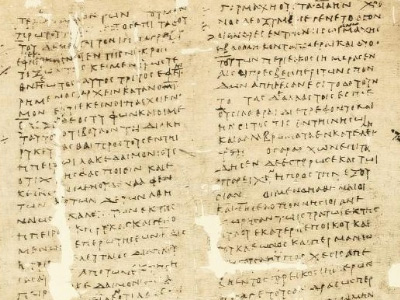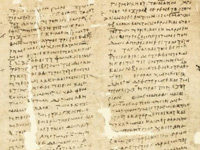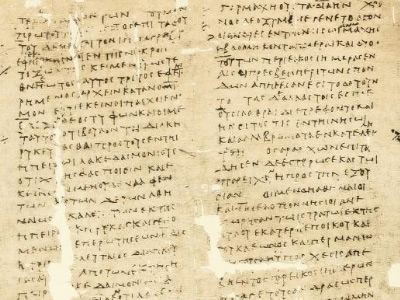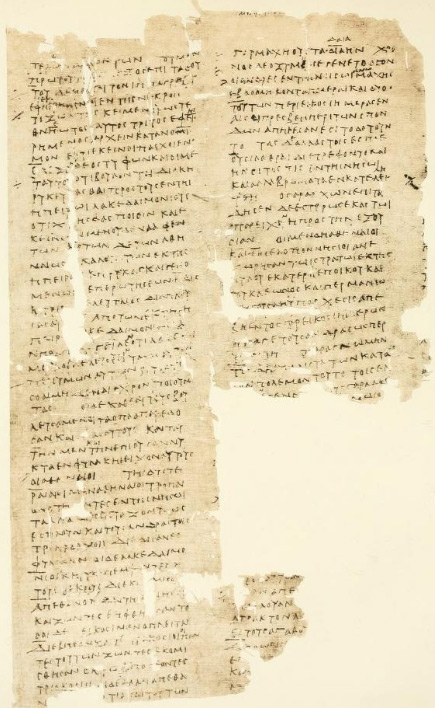Second Peloponnesian War (431-404 BC)

Sicilian Expedition
In the 17th year of the war, word came to Athens that one of their distant allies in Sicily was under attack from Syracuse. The people of Syracuse were ethnically Dorian (as were the Spartans), while the Athenians, and their ally in Sicilia, were Ionian. The Athenians felt obliged to assist their ally.
The Athenians did not act solely from altruism: rallied on by Alcibiades, the leader of the expedition, they held visions of conquering all of Sicily. Syracuse, the principal city of Sicily, was not much smaller than Athens, and conquering all of Sicily would have brought Athens an immense amount of resources. In the final stages of the preparations for departure, the hermai (religious statues) of Athens were mutilated by unknown persons, and Alcibiades was charged with religious crimes. Alcibiades demanded that he be put on trial at once, so that he might defend himself before the expedition. The Athenians however allowed Alcibiades to go on the expedition without being tried (many believed in order to better plot against him). After arriving in Sicily, Alcibiades was recalled to Athens for trial. Fearing that he would be unjustly condemned, Alcibiades defected to Sparta and Nicias was placed in charge of the mission. After his defection, Alcibiades claimed to the Spartans that the Athenians planned to use Sicily as a springboard for the conquest of all of Italy and Carthage, and to use the resources and soldiers from these new conquests to conquer the Peloponnese.
The Athenian force consisted of over 100 ships and some 5,000 infantry and light-armored troops. Cavalry was limited to about 30 horses, which proved to be no match for the large and highly trained Syracusan cavalry. Upon landing in Sicily, several cities immediately joined the Athenian cause. Instead of attacking at once, Nicias procrastinated and the campaigning season of 415 BC ended with Syracuse scarcely damaged. With winter approaching, the Athenians were then forced to withdraw into their quarters, and they spent the winter gathering allies and preparing to destroy Syracuse. The delay allowed the Syracusans to send for help from Sparta, who sent their general Gylippus to Sicily with reinforcements. Upon arriving, he raised up a force from several Sicilian cities, and went to the relief of Syracuse. He took command of the Syracusan troops, and in a series of battles defeated the Athenian forces, and prevented them from invading the city.
Nicias then sent word to Athens asking for reinforcements. Demosthenes was chosen and led another fleet to Sicily, joining his forces with those of Nicias. More battles ensued and again, the Syracusans and their allies defeated the Athenians. Demosthenes argued for a retreat to Athens, but Nicias at first refused. After additional setbacks, Nicias seemed to agree to a retreat until a bad omen, in the form of a lunar eclipse, delayed any withdrawal. The delay was costly and forced the Athenians into a major sea battle in the Great Harbor of Syracuse. The Athenians were thoroughly defeated. Nicias and Demosthenes marched their remaining forces inland in search of friendly allies. The Syracusan cavalry rode them down mercilessly, eventually killing or enslaving all who were left of the mighty Athenian fleet.
HISTORY

RESOURCES
This article uses material from the Wikipedia article "Second Peloponnesian War (431-404 BC)", which is released under the Creative Commons Attribution-Share-Alike License 3.0.
© Stories Preschool. All Rights Reserved.










